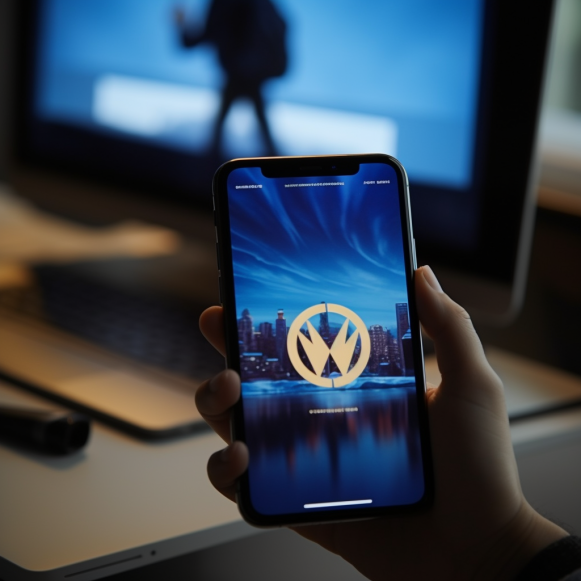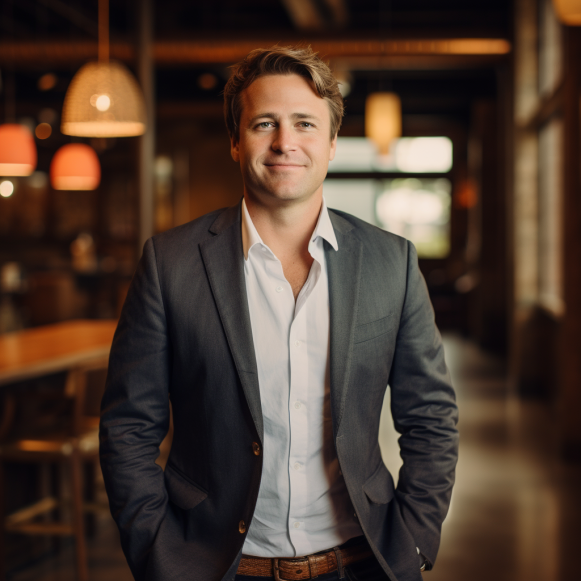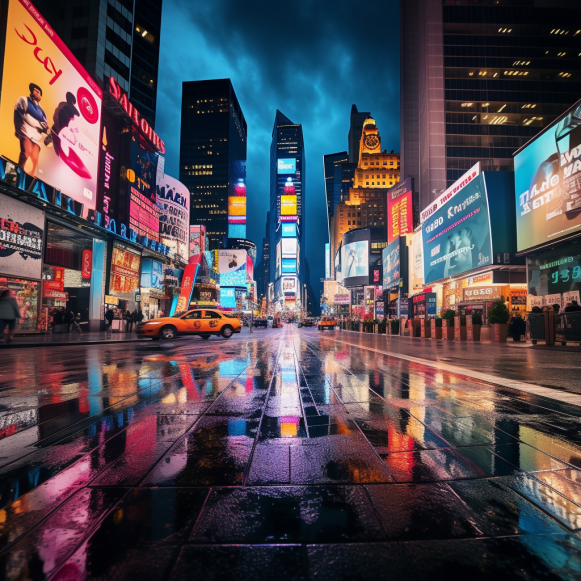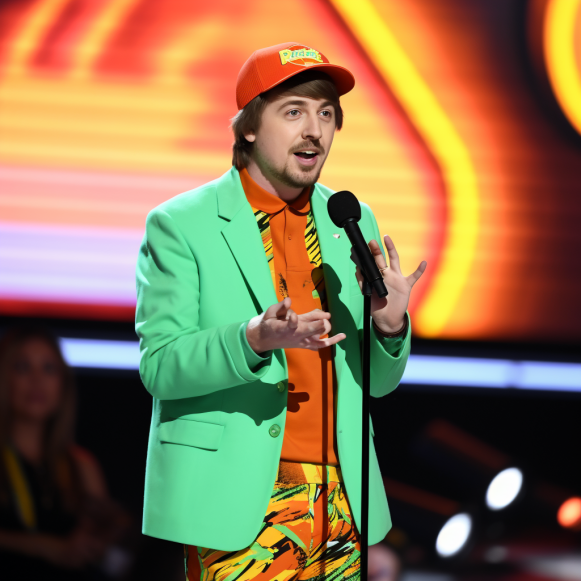After the Omnicom-IPG merger, these are the ad M&A deals industry insiders think could be next
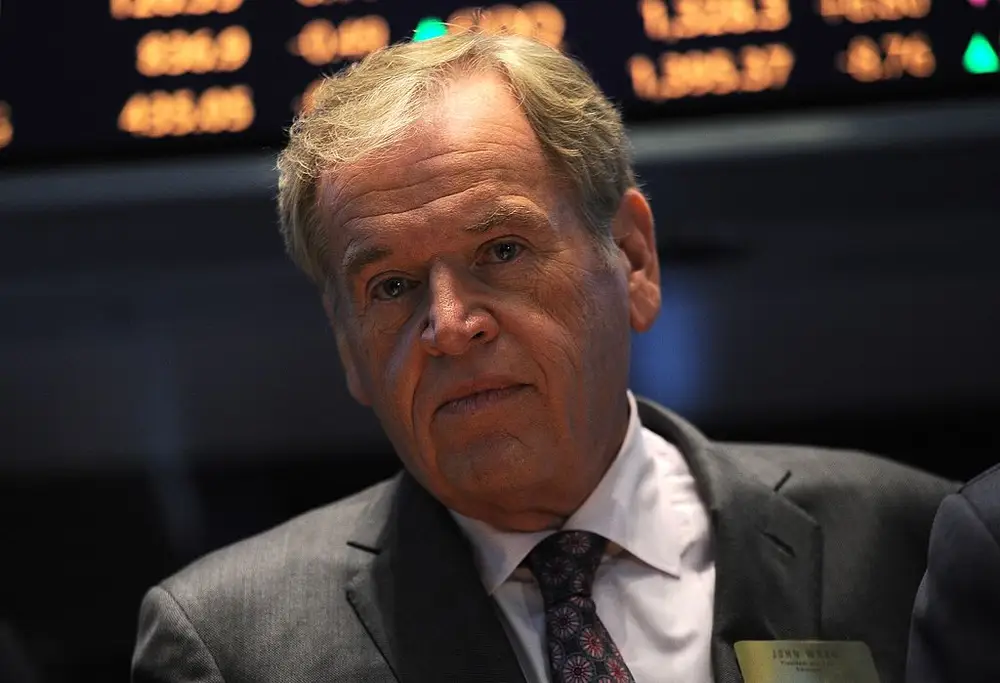
Omnicom CEO John Wren.
Omnicom’s planned $13.25 billion takeover of Interpublic Group has advertising insiders speculating: Who’s next?
Other agency giants face similar conditions that led two of the six big ad-holding companies to seek a merger. There’s the concentration of ad dollars with the tech giants Google, Meta, and Amazon, the need for media-buying scale to maintain an edge with global advertisers, and the growing use of artificial intelligence, which threatens to wipe out certain agency tasks. The US ad industry has barely grown over the past few years. By combining, Omnicom and IPG are looking to ensure their survival.
Some industry insiders think that the Omnicom-IPG tie-up is just the start of a massive reordering of the $70 billion ad-agency industry and that it’s only a matter of time before other holding companies are forced to acquire or be acquired as they look to bulk up.
“From an M&A perspective, it’s only going to add fuel to the fire,” said William Ritchie, the founder of advisory firm WY Partners. Ritchie said he expects holding companies to look to bulk up their data and tech operations, particularly WPP, which he characterized as “behind the curve.”
Ritchie said he sees continuing interest in assets that specialize in using data, tech, and AI to inform advertising, as well as public-relations and communications companies. He noted KKR’s recent move to increase its stake in FGS Global, a comms and public-affairs firm.
The IPG-Omnicom combo will spark more consolidation for other reasons, said Andreas Roell, the CEO of Evros Group, which advises on media, marketing, entertainment, and tech deals. Once the new group decides what it wants to be known for, it may discard the units that don’t fit that new identity and divest some agencies that have competing clients or culture clashes.
Other networks will have to look in the mirror and decide whether they’re strong enough to acquire weaker networks or acknowledge they’re falling behind because of tech disruption, Roell added.
“My prediction is that 2025 will serve as a reckoning year for networks,” he said.
Other holding companies could partner up
At the top of the food chain, some industry insiders think the upheaval could force two other longtime rivals to come together: the French ad holding company Publicis Groupe, which has been outperforming its competitors lately, and London’s WPP.
“Mark Read has not done the job that he probably expected he would be able to do; Sadoun is doing a great job,” Tom Triscari, the CEO and founder of Lemonade Projects, a programmatic-ad agency, said of WPP’s and Publicis’ leaders, respectively.
Such a combo might be tricky to align culturally, though. A proposed merger between Publicis Groupe and Omnicom famously broke down in 2014 after they failed to agree on multiple fronts, including which agency would be seen as the acquirer and who would be appointed chief financial officer. It would also need to pass regulatory muster. That could be harder to do if the IPG and Omnicom deal succeeds, which would reduce the number of big agency groups in the sector. And there would be so much complexity that Publicis might not see the upside.
Another top holding company that could be active is Havas. Its parent, France’s Vivendi, just approved its split into four companies. This is set to lead to Havas being publicly traded as its own company. Havas has indicated that it has M&A in its sights.
A number of other smaller, independent ad holding companies could help bigger players scale up, like Mark Penn’s Stagwell, the Bill Koenigsberg-led Horizon Media, or the Martin Sorrell-founded S4 Capital.
Dave Morgan, the executive chair of the TV-ad-buying company Simulmedia, said Horizon Media could be in play since Temasek, the investment firm that bought a minority share in 2021, needs an exit at some point.
Digital-performance shops like PMG and Kepler also could be of interest.
Private equity has been circling
The big holding companies could also be a target for private-equity giants. Apollo, KKR, and Blackstone have shown interest in media and entertainment. Industry insiders have speculated for months that WPP, which once ranked as No. 1 among agency businesses, could be taken private — or at least some parts of it could be.
“They all see the same thing — these assets are bloated and mismanaged,” an industry player who’s had conversations with PE firms said. They asked for anonymity to preserve business relationships. Their identity is known to B-17.
Another group of prospective acquirers is companies like IBM and Capgemini, which provide various business solutions. Tata Consultancy Services and Accenture Song have eyed ad agencies as a way to offer end-to-end services to clients. Tata was in talks to buy R/GA this year, and Accenture acquired the creative agency Droga5 in 2019.
When it comes to deals that are just about getting bigger, though, there’s plenty of skepticism that bulking up will solve the problems agencies face.
“Agencies today are not losing to the tech giants because of a shift in power,” said Jay Friedman, the CEO of the Goodway Group, a brand-consulting firm. “They’re losing because the capabilities they have aren’t fit for how brands need to buy advertising today. They need a better cost model overall, which is global and AI-driven.”

